Iranian security forces killed five protesters who took to the streets of the capital on Monday to protest the death of a young woman who had been detained for violating the country’s conservative dress code.
Security forces fired on protesters in Iran’s Kurdish region, according to a report by the Hengaw Human Rights Organization. Five were killed, 75 were wounded, and at least 250 people were arrested.
The semiofficial Fars news agency said students in many Tehran universities gathered in protest, demanding an investigation into the death of Mahsa Amini and the dismantling of the morality police, who were holding her when she died.
Video of the Iranian people attacking their oppressors, the police, in Tehran today. #MahsaAmini #Iran https://t.co/C4oIGQgKQj
— Jason Brodsky (@JasonMBrodsky) September 19, 2022
More from Divandarreh, ##Kurdistan province: Kurdish youths "captured" two #Iranian police officers, beating them and forcing them to beg for their release.
Another example of the "barrier of fear" being broken. pic.twitter.com/bPQWayDCqG
— AbuAliEnglish (@AbuAliEnglishB1) September 19, 2022
Video of 10 years old child in Iran getting carried by a man after being shot in her head crate anger among Iranians.
Thu regime doesn't hesitate when it comes to murdering! The same regime try to convince the rest of the world that they didn’t murder #MahsaAmini pic.twitter.com/XvjUD1WJ7t— Masih Alinejad 🏳️ (@AlinejadMasih) September 19, 2022
Witnesses said demonstrators poured into Keshavarz Boulevard, a central thoroughfare, chanting “Death to the Dictator.” They also chanted against the police and damaged a police vehicle. The witnesses spoke on condition of anonymity out of security concerns.
Late on Monday, Associated Press reporters saw torched trash bins and rocks strewn across some downtown intersections as the smell of tear gas hovered in the air. Police closed roads leading to the central Vali-e Asr square. Plainclothes security forces and groups of riot police could be seen throughout the area, and mobile internet service was down in central Tehran.
Dozens of protesters on motorbikes briefly appeared at a couple of junctions, where they overturned trash cans and chanted against authorities before speeding off.
Videos circulating on social media meanwhile showed a third day of demonstrations in Kurdish cities in western Iran as well as the northern city of Rasht and a university in the central city of Isfahan.
The morality police detained the 22-year-old Amini last Tuesday for not covering her hair with the Islamic headscarf, known as hijab, which is mandatory for Iranian women.
Police say she died of a heart attack and deny that she was mistreated. They released closed-circuit video footage last week purportedly showing the moment she collapsed. Her family says she had no history of heart trouble.
Amini, who was Kurdish, was buried Saturday in her home city of Saqez in western Iran. Protests erupted there after her funeral and police fired tear gas to disperse demonstrators on Saturday and Sunday. Several protesters were arrested.
Iran’s President Ebrahim Raisi, who departed for New York on Monday to address the U.N. General Assembly, has ordered an investigation and vowed to pursue the case in a phone call with Amini’s family. The judiciary has launched a probe, and a parliamentary committee is also looking into the incident.
The hijab has been compulsory for women in Iran since the 1979 Islamic Revolution and the morality police are charged with enforcing that and other restrictions. The force has been criticized in recent years, especially over its treatment of young women.
Dozens of women removed their headscarves in protest in 2017. Iranians have also taken to the streets in recent years in response to an economic crisis exacerbated by Western sanctions linked to Iran’s nuclear program.
(YWN Israel Desk – Jerusalem & AP)

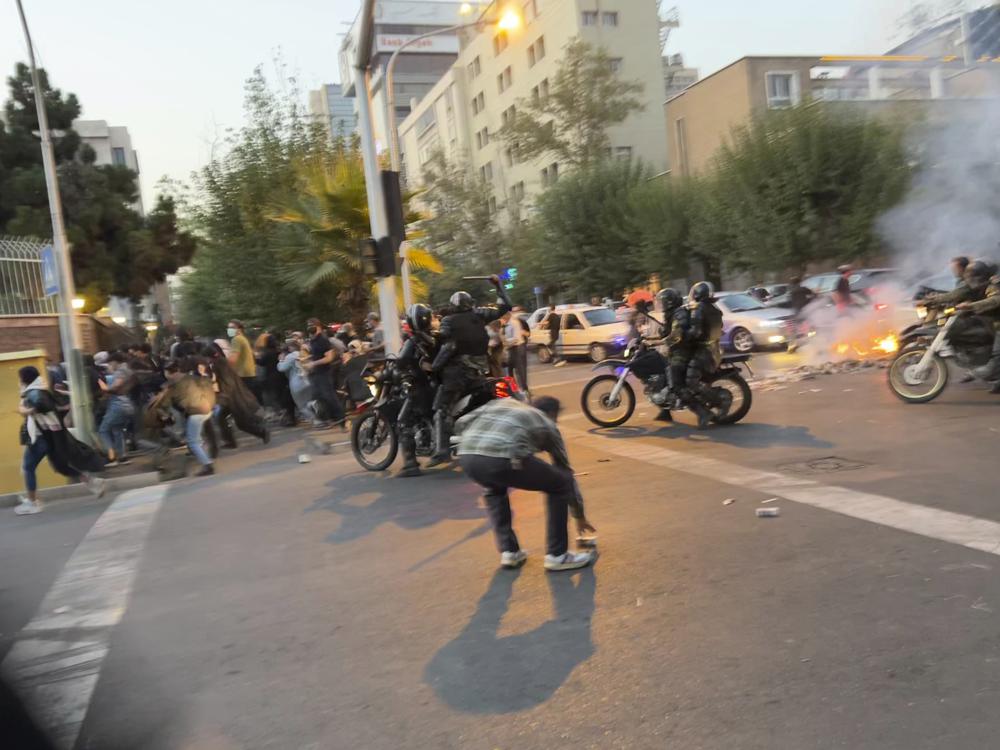
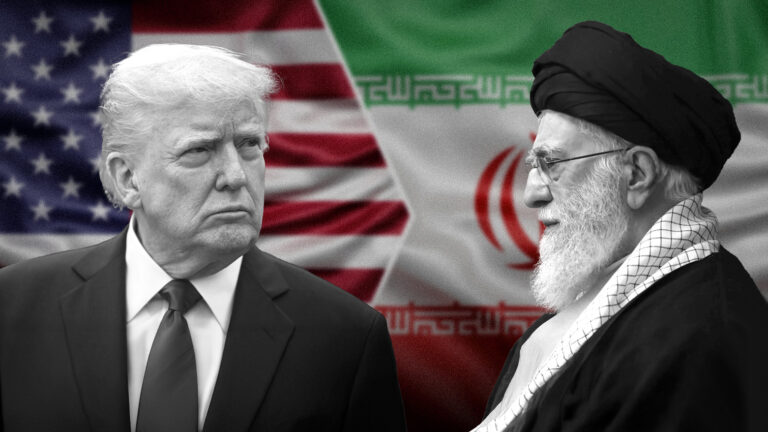
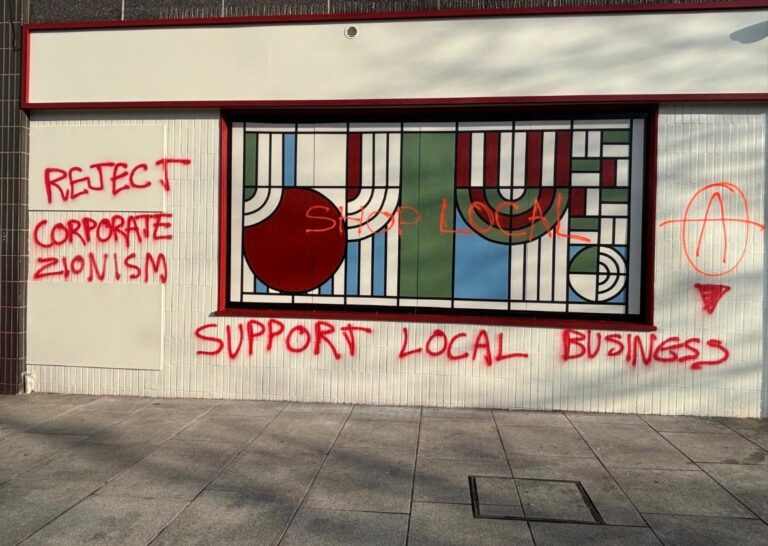
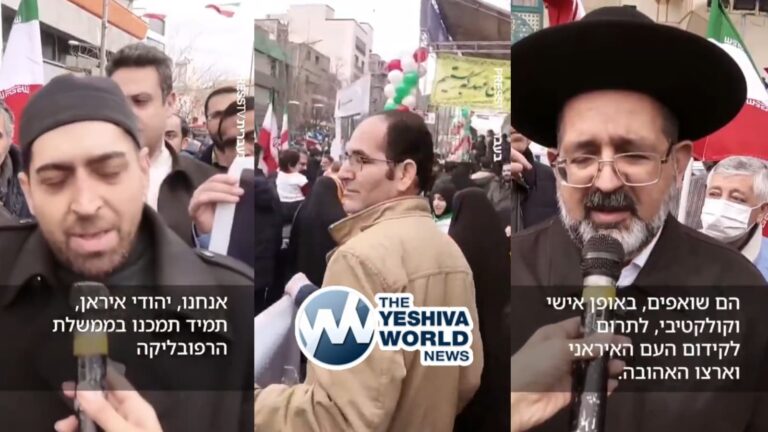


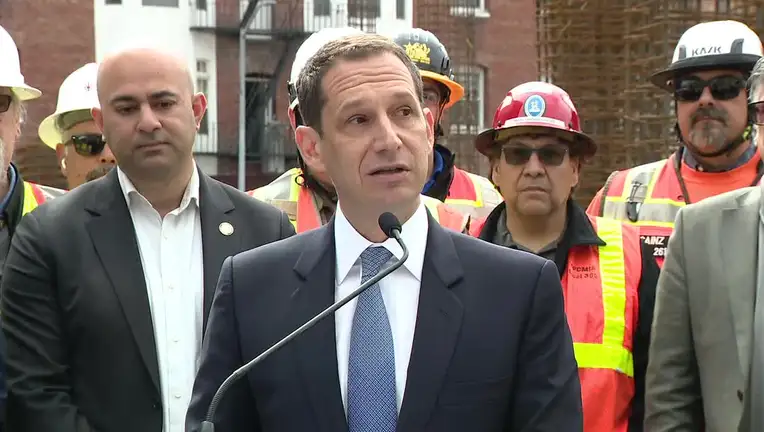
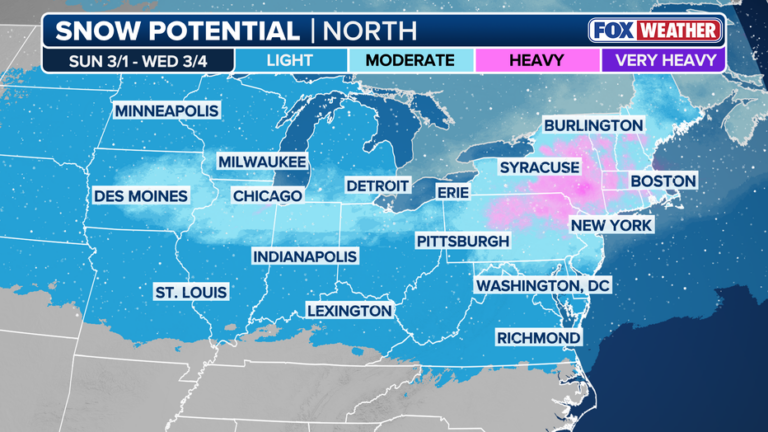
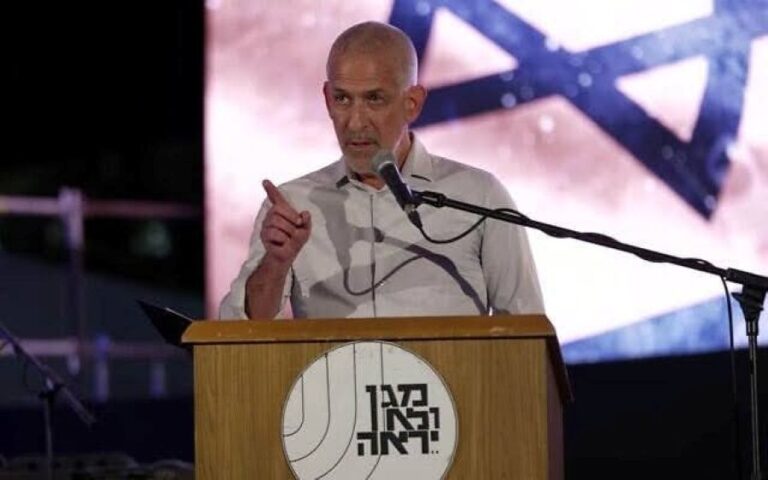


9 Responses
The government is right. Think of it as if Eishes Ish’s here made a protest by walking in public without their sheitels. It would be intolerable.
ujm are you crazy? To KILL them over that?
JustPlsDontCause: Obviously not. But it is just as extreme to go to the opposite extreme and let them get away with it. The least that’s needed is a tznius police to enforce reasonably that modesty laws.
They should certainly be imprisoned until they will comply with the law.
Ujm is closer to right than to wrong. When the Sanhedrin existed, halacha was strictly enforced, whether with makkos or other means. And they had the power and authority meet at punishments above the halacha as a deterrent to other people.
This might be a foreign concept to many of our corrupted Western minds, but that’s what it was.
Ujm is closer to right than to wrong. When the Sanhedrin existed, halacha was strictly enforced, whether with makkos or other means. And they had the power and authority mete out punishments above the halacha as a deterrent to other people.
This might be a foreign concept to many of our corrupted Western minds, but that’s what it was.
Iranian people need weapons to end this garbage!
Their population needs to be able to fight back!
@ ujm
Are you seriously defending a regime that want to wipe every non-Muslim of the face of the earth?
Wow, just wow!
Iran is evil.